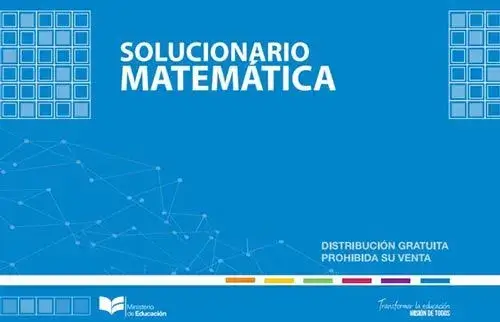U.S. Judiciary Committee debate on impeachment articles begins
The Democratic-led U.S. House Judiciary Committee began debating the two articles of impeachment against President Donald Trump on Wednesday evening, as the panel moves toward a vote to recommend the charges of misconduct to the full House of Representatives.
The start of debate sets in motion a process that will probably move to a trial in the U.S. Senate.
The session, which is expected to be a two-day process, could go late into the evening. Each of the 41 committee members will have a chance to state their position on the articles.
The committee will reconvene Thursday morning to further debate the articles, discuss any proposed amendments, and vote on whether to recommend them to the full House for a final impeachment vote.
Here are the details of the two articles and what to expect in the coming days and weeks:

The articles of impeachment
Article 1
In the impeachment context, abuse of power is generally defined as using the vast powers of the presidency for personal benefit.
Abuse of power is not specifically listed as an impeachable offence in the U.S. Constitution, which states that a president can be removed from office for «treason, bribery, or other high crimes and misdemeanors.»
But the founders of the United States intended the phrase «other high crimes and misdemeanors» to broadly encompass abuses of power, legal scholars said.
Article 2
Democrats levelled the obstruction charge based on Trump’s stonewalling of the House’s impeachment inquiry.
The White House has refused to provide documents to congressional investigators and has instructed top advisers and government officials to defy subpoenas and refuse to testify.
Contempt of Congress is a misdemeanor crime under U.S. law, which defines the offence as wilfully failing to provide testimony or documents to Congress.
The White House has argued that the Constitution does not require senior presidential advisers to appear for compelled testimony before Congress. A judge rejected that argument on Nov. 25 in a dispute over a subpoena issued to former White House counsel Don McGahn.
What to expect
Thursday, Dec. 12
After making opening statements at the late session Wednesday, lawmakers on the House Judiciary Committee will reconvene at 9 a.m. ET Thursday to further debate the articles, consider any amendments and vote on whether to recommend them to the full House for a final impeachment vote.
Week of Dec. 15
The House is expected to vote on the charges, possibly after holding a daylong debate that could involve all 431 of its current legislators. If the full House voted to approve the articles, Trump would become only the third president in U.S. history to be impeached. He would remain in office, however, pending a trial in the Senate.
If the impeachment is approved, the House would select lawmakers known as managers to present the case against Trump at a Senate trial. House Democrats say most of the managers are likely to come from the Judiciary Committee, and possibly from the Intelligence Committee that led the investigation.
Early January
Trump would face a trial in the Senate to determine whether he should be convicted and ousted from office. The Senate is controlled by Trump’s fellow Republicans, who have shown little sign they will find him guilty. A two-thirds majority of those present in the 100-member chamber would be needed to convict Trump.
U.S. Chief Justice John Roberts would preside over the trial. House managers would present their case against Trump, and the president’s legal team would respond. Senators would act as jurors. A trial could involve testimony from witnesses and a grueling schedule in which proceedings occur six days a week for as many as six weeks.
Senate Majority Leader Mitch McConnell said on Tuesday a majority of the Senate could approve a shorter process by voting on the articles of impeachment after opening arguments, without witnesses.






